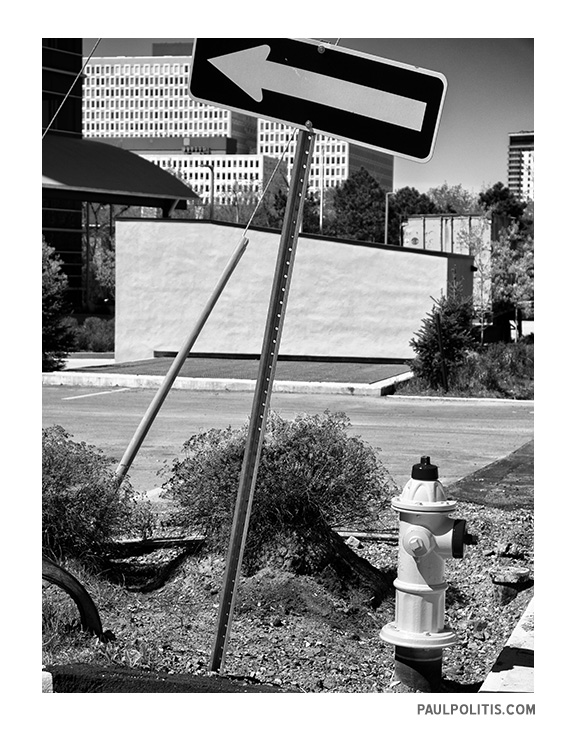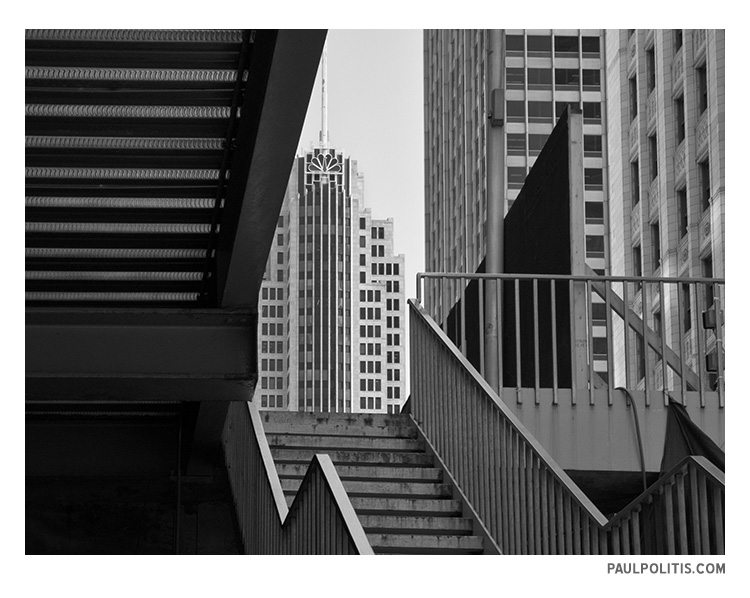
“One of the great difficulties of an art student is to decide between his own natural impressions and what he thinks should be his impressions. When the majority of students and the majority of so-called arrived artists go out into landscape, saying they intend to look for a “motive”, they too often mean, unconsciously enough, that it is their intention to look until they have found an arrangement in the landscape most like some one of the pictures they have seen and liked in the galleries. A hundred times, perhaps, they have walked by their own subject, felt it, enjoyed it, but having no estimate of their own personal sensations, lacking faith in themselves, pass on until they come to this established taste of another. And here they would be ashamed if they did not appreciate, for this is an approved taste, and they try to adopt it because it is what they think they should like whether they really do so or not.
Is it not fine to see the development of oneself? The finding of one’s own tastes. The final selection of a most favourite theme; the concentration of all one’s forces on that theme; its development; the constant effort to find its clearest expression in the chosen medium; an effort of expression which commenced with the beginning of an idea born of the theme itself and special to it. The continuation through years, new elements entering as life goes on, each step differing yet all the same. A simple theme on which a life is strung.
The study of art should go broadcast. Every individual should study his own individuality to the end of knowing his tastes. Should cultivate the pleasures so discovered and find the most direct means of expressing those pleasures to others, thereby enjoying them over again.
Art is after all but an extension of language to the expression of sensations too subtle for words.”
— Robert Henri, The Art Spirit
